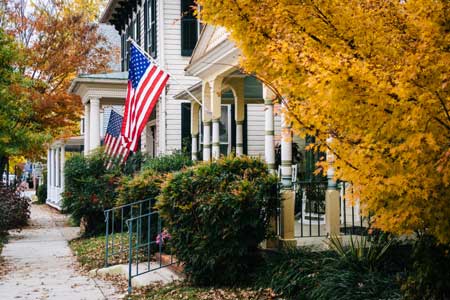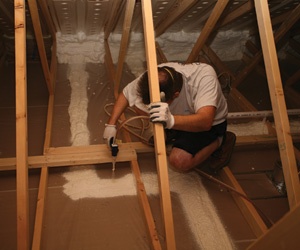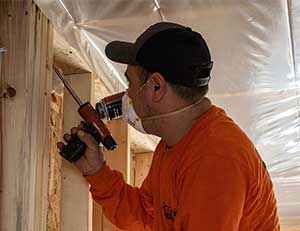
Improved Indoor Air Quality Brings a Breath of Fresh Air
Proper insulation, combined with air sealing, serves as a formidable barrier against external elements, blocking the entry of pollen, mold spores, and other allergens through your ceilings, walls, and floors. This is great news for you and your loved ones with breathing problems because this not only reduces asthma and allergy triggers but also leads to less wheezing, sneezing, and respiratory distress. Also, by preventing moisture buildup and inhibiting mold and mildew growth, insulation and air sealing protect your friends and family with respiratory issues like COPD or emphysema from particles that can aggravate lung diseases.
For the best indoor air quality, consider using spray foam insulation, the only type of insulation to both insulate and air seal in one step. Choosing to install proper insulation and seal air leaks in your new home not only improves your indoor air quality but provides reassurance that you and your loved ones will breathe easier.
Greater Temperature Regulation Creates a Cozier Home

Plus, with less energy lost, there is lower energy output required for your heating and cooling systems to maintain a cozy environment. This means with less stress on your HVAC system, there will be less stress on your wallet, thanks to lower energy bills.
Less Noise Pollution Provides Peace of Mind
In addition to temperature regulation, insulation also plays a significant role in reducing noise pollution. Insulation batts and dense-packed loose insulation absorb vibrations, creating a peaceful indoor environment free from the disturbances of loud traffic, construction work, or noisy neighbors. Doesn’t that sound wonderful? This not only enhances your quality of life but also alleviates sources of stress that can disrupt your sleep patterns and cognitive functioning. We can all appreciate a good night’s sleep! Fiberglass batts, mineral wool, and spray foam are excellent insulation choices for reducing the sound pollution in your new home.
Added Protection from Toxins to Keep Your Family Safe
Quality insulation, along with air sealing, goes beyond temperature and noise control; they actively seal cracks and crevices, preventing vehicle fumes and industrial emissions from leaking inside your new home. They also reduce the chances of dust or contaminated soil gases from entering your living spaces. By limiting exposure to volatile organic compounds from outdoor furnishings, insulation becomes a shield against outdoor toxins, further contributing to the improved indoor air quality of your new home.
Enjoy a Comfortable and Healthy Home with Proper Insulation
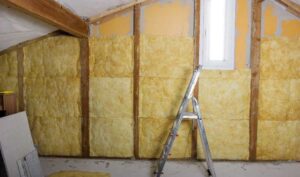
As you embark on building your dream home, consider the long-term impact of proper insulation – not just on your energy bills but on the health and happiness of your loved ones. Don’t let poor insulation dampen the joys of your new home. Choose the right type of insulation, ensure proper air sealing, and relish in the countless advantages that extend far beyond an energy efficient living space. At DeVere Insulation we focus on expert insulation services for new homes built in the Baltimore area while our Home Performance division offers additional insulation services for existing homes. Contact us today to get started on creating an energy efficient home to be proud of.
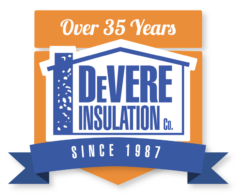

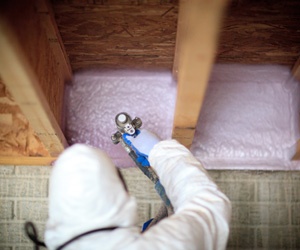
 Upgraded insulation reduces heating and cooling expenses by creating a more consistent overall indoor temperature. No more chilly drafts from an uninsulated basement!
Upgraded insulation reduces heating and cooling expenses by creating a more consistent overall indoor temperature. No more chilly drafts from an uninsulated basement!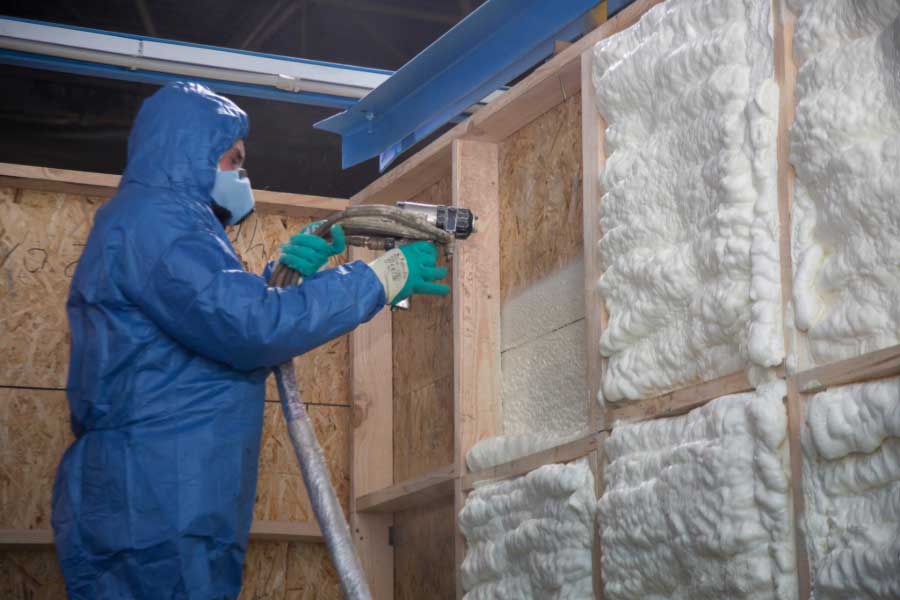 Selecting the right material for basement walls and floors is essential. Some popular insulation options include:
Selecting the right material for basement walls and floors is essential. Some popular insulation options include: